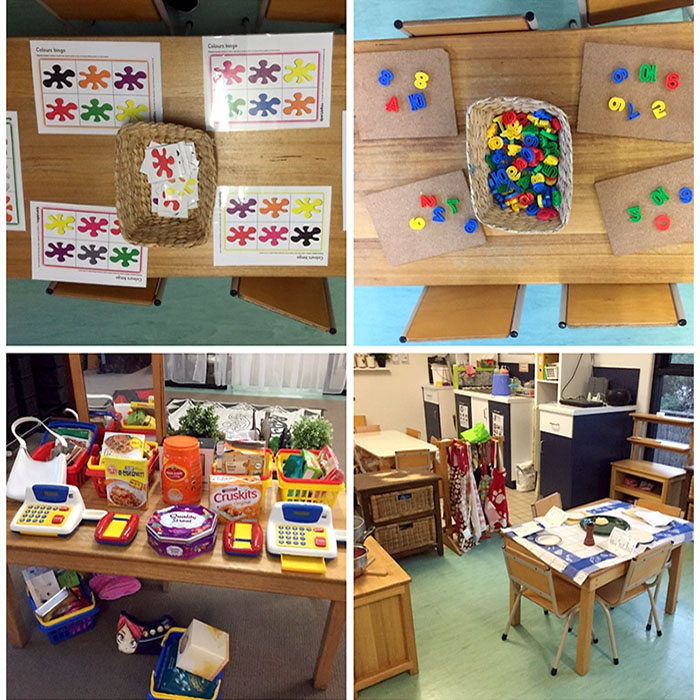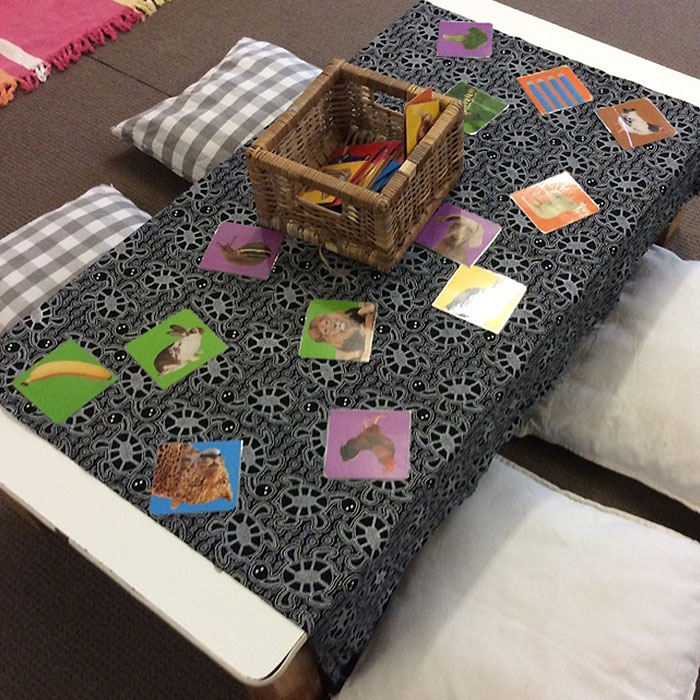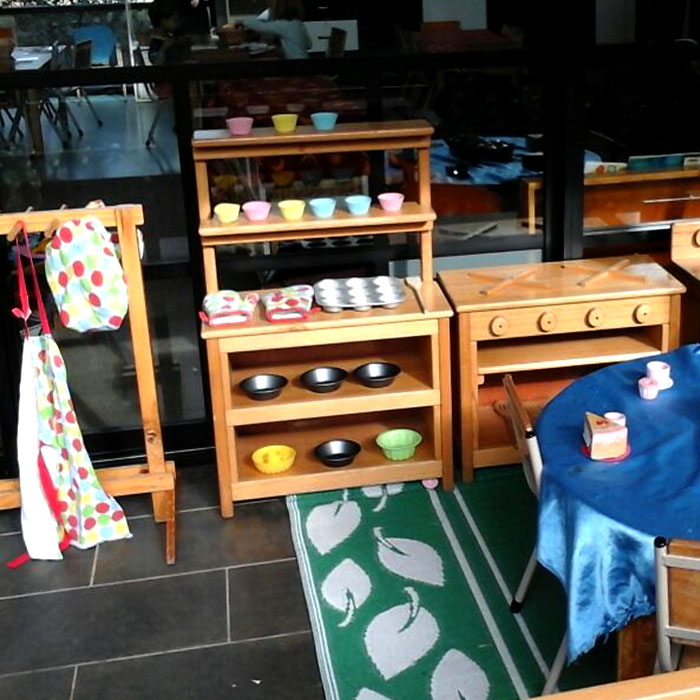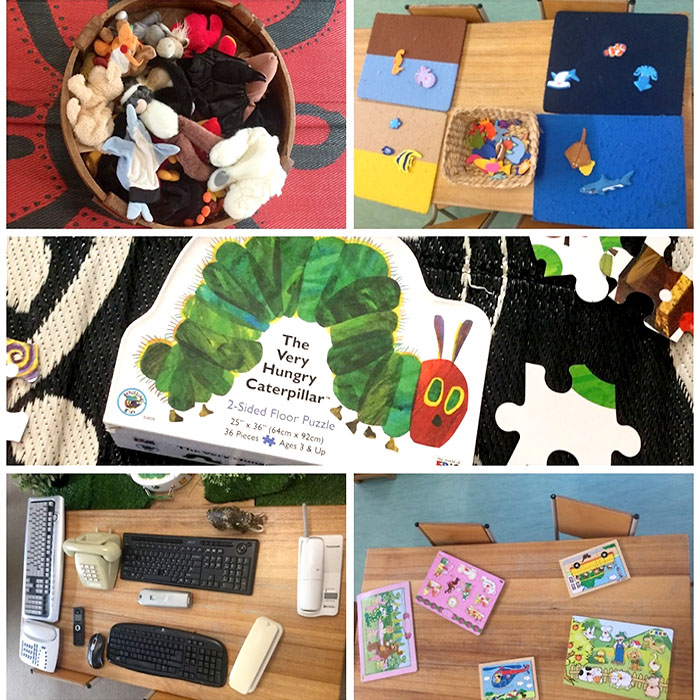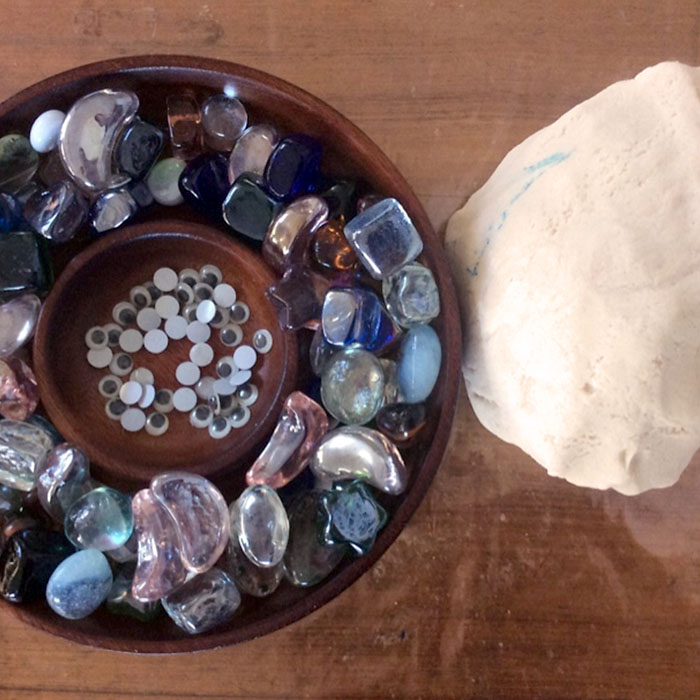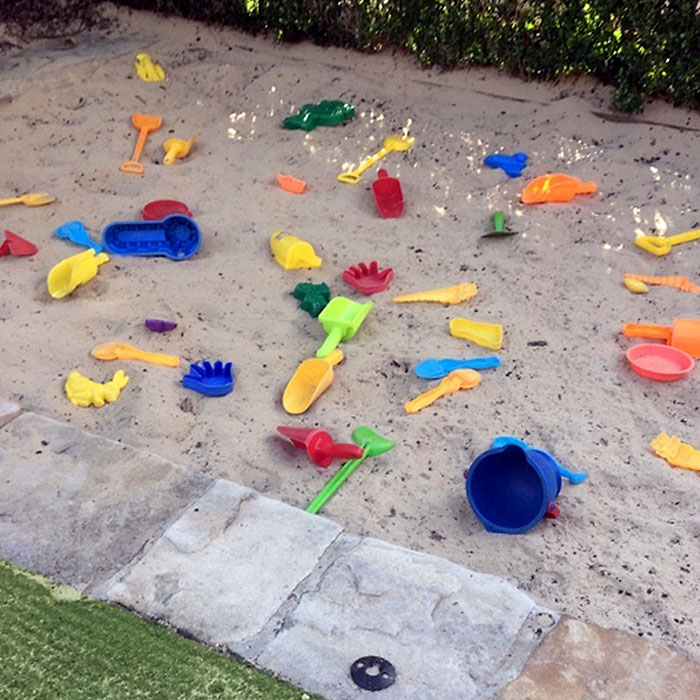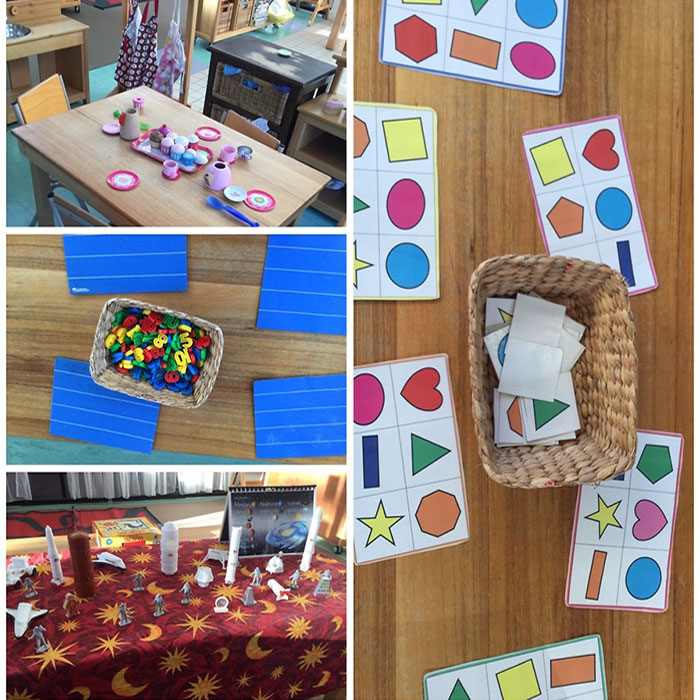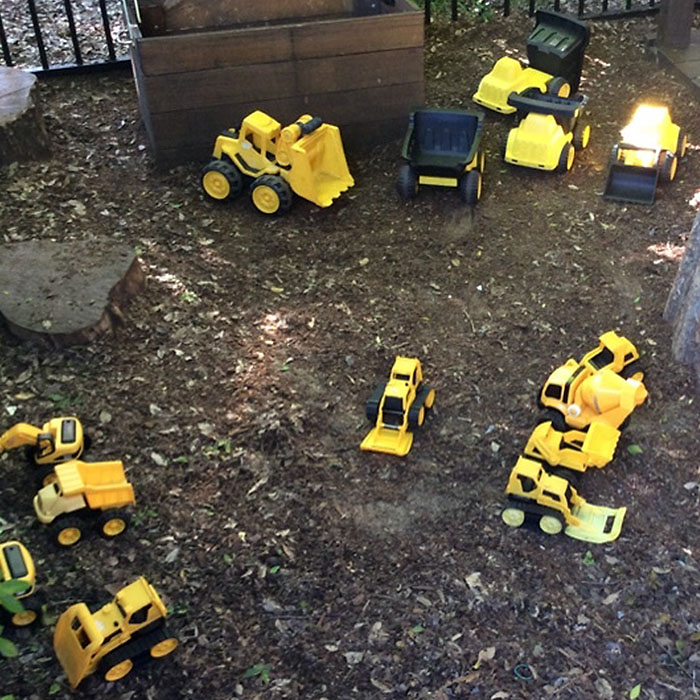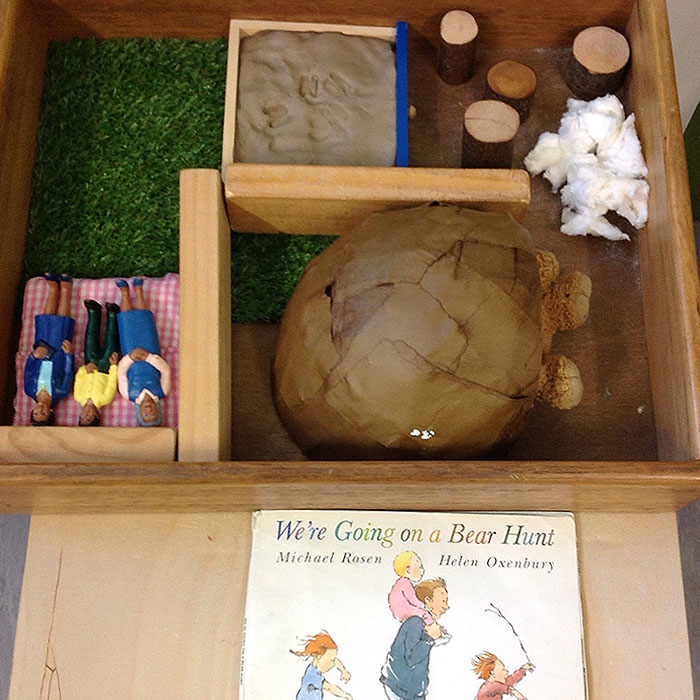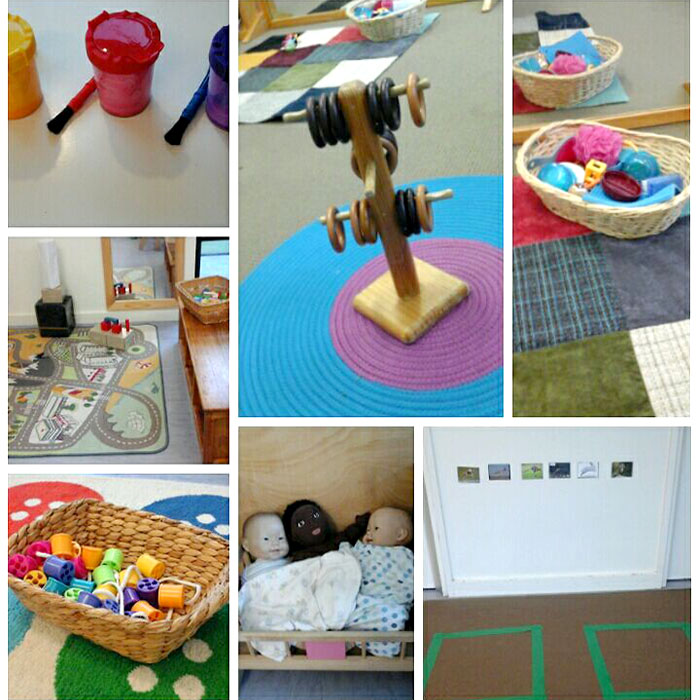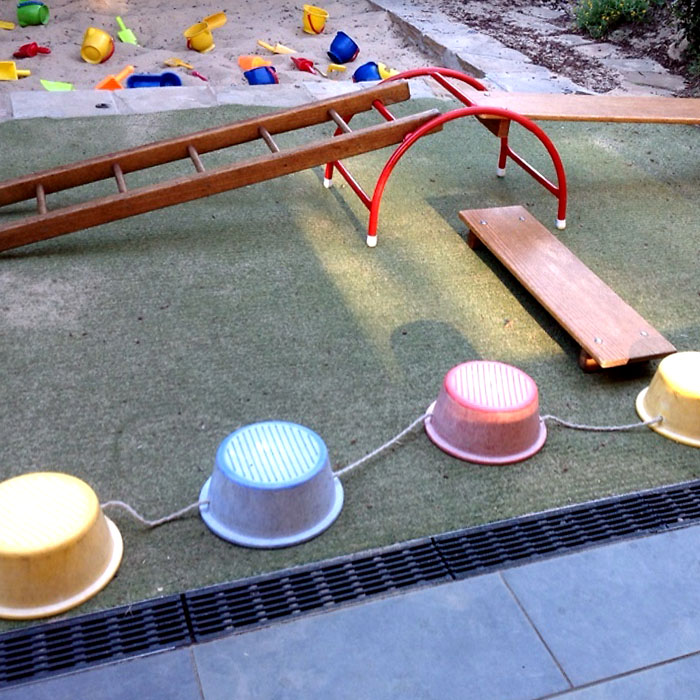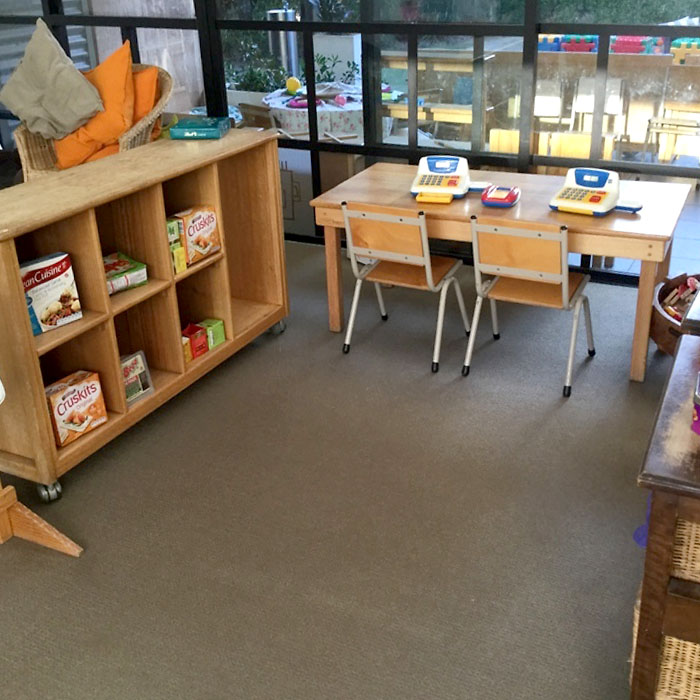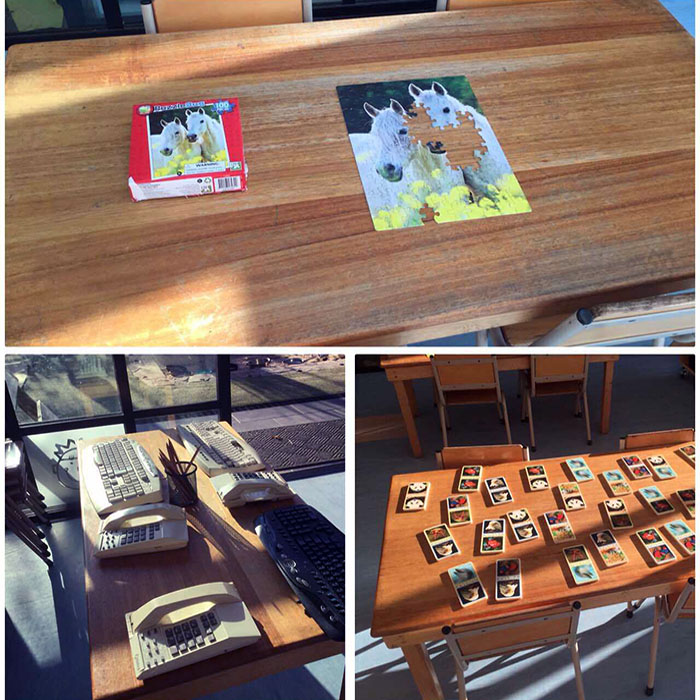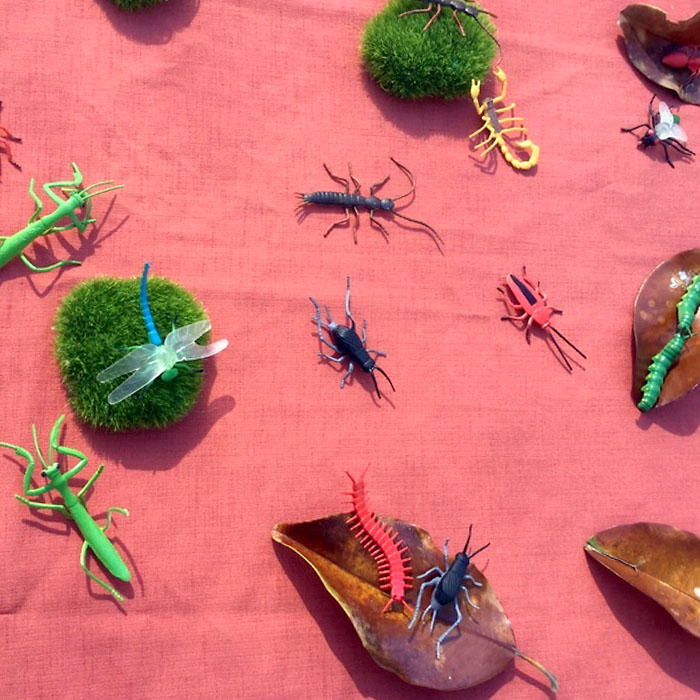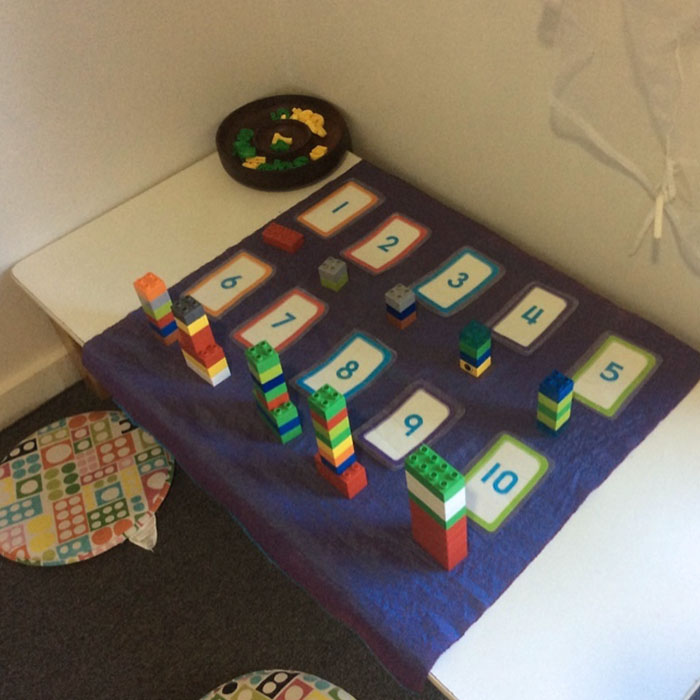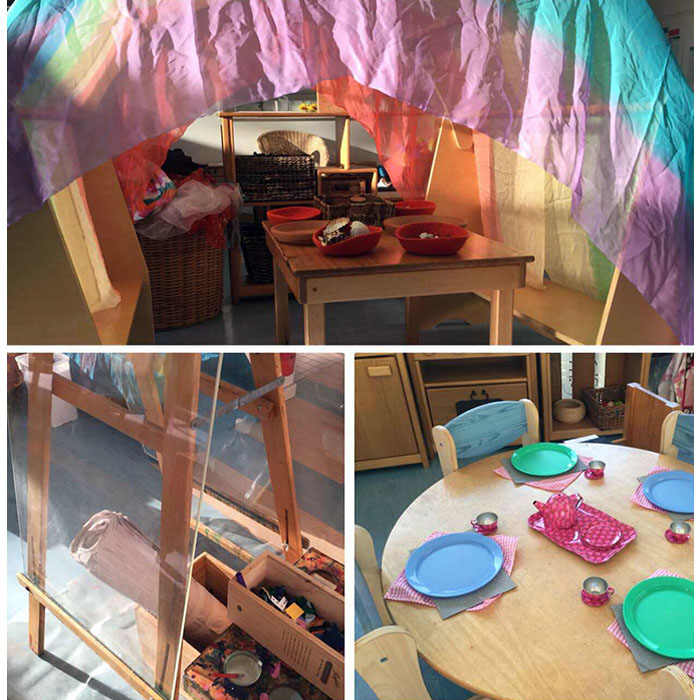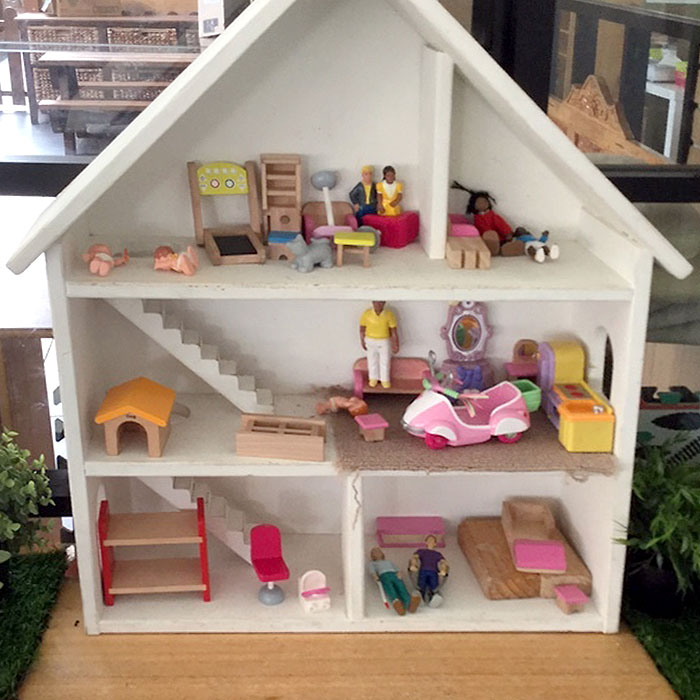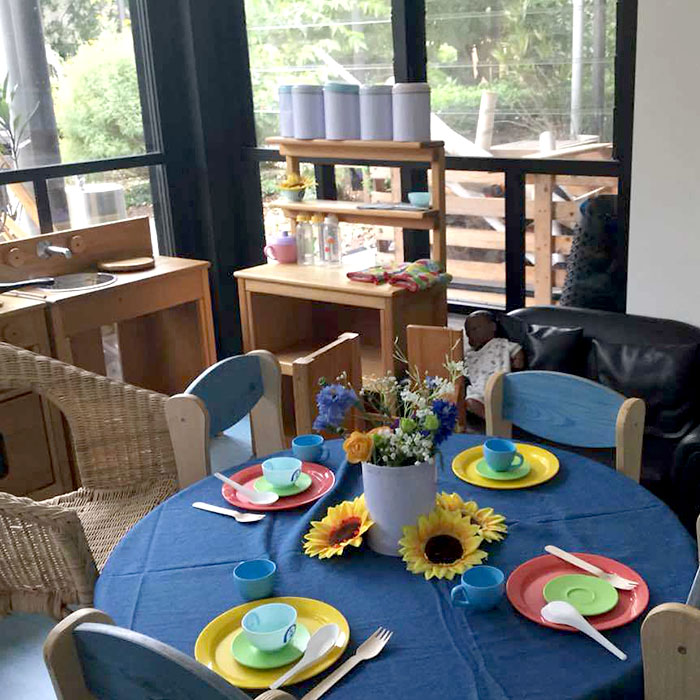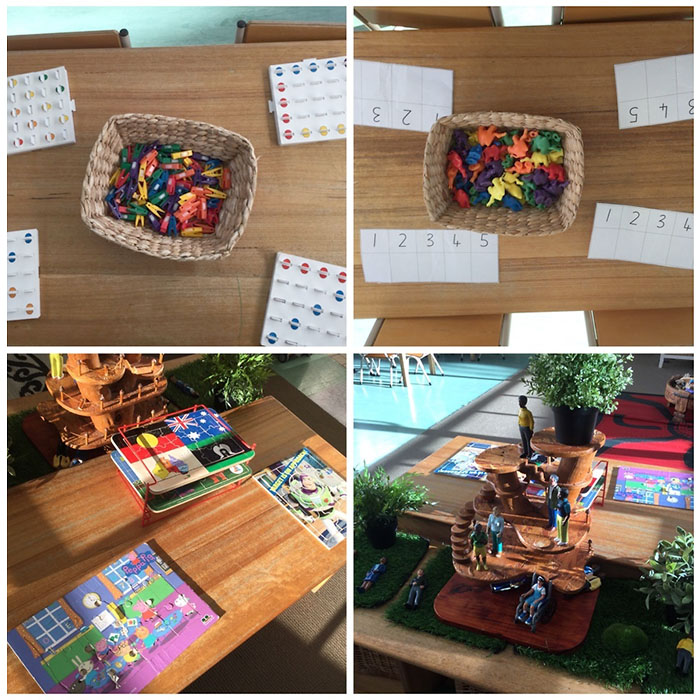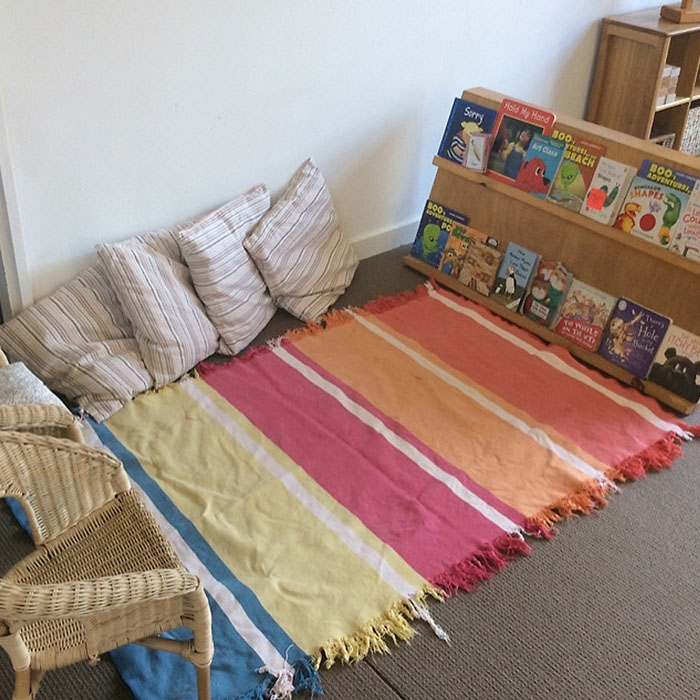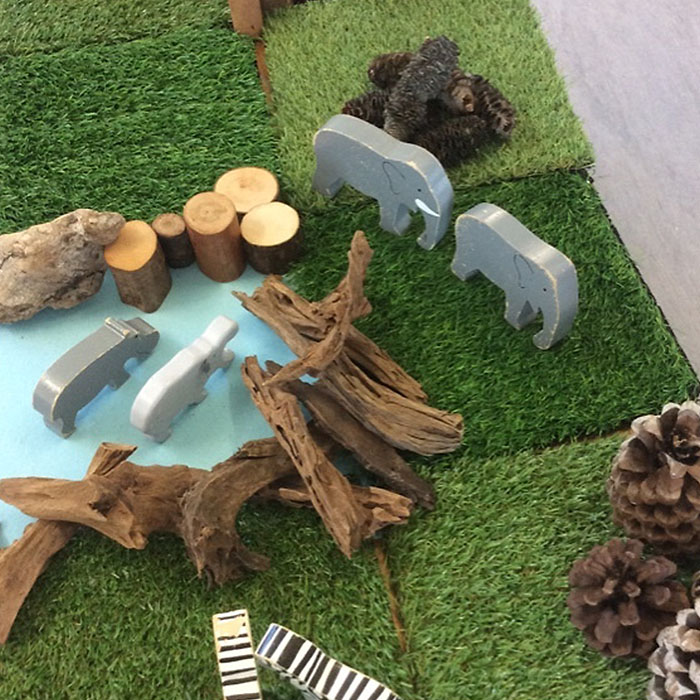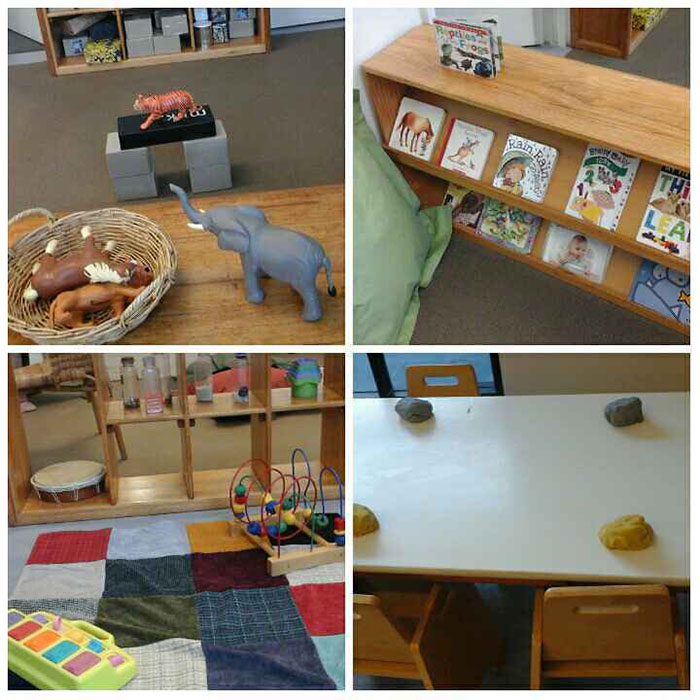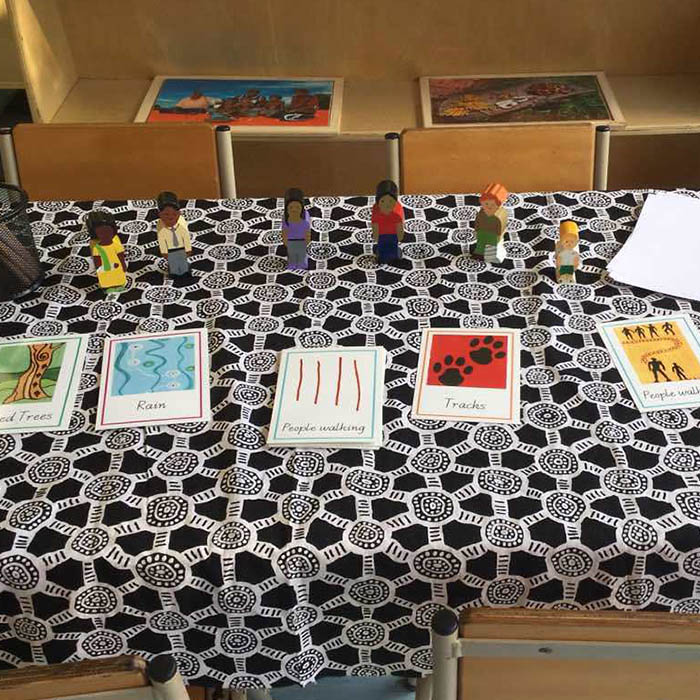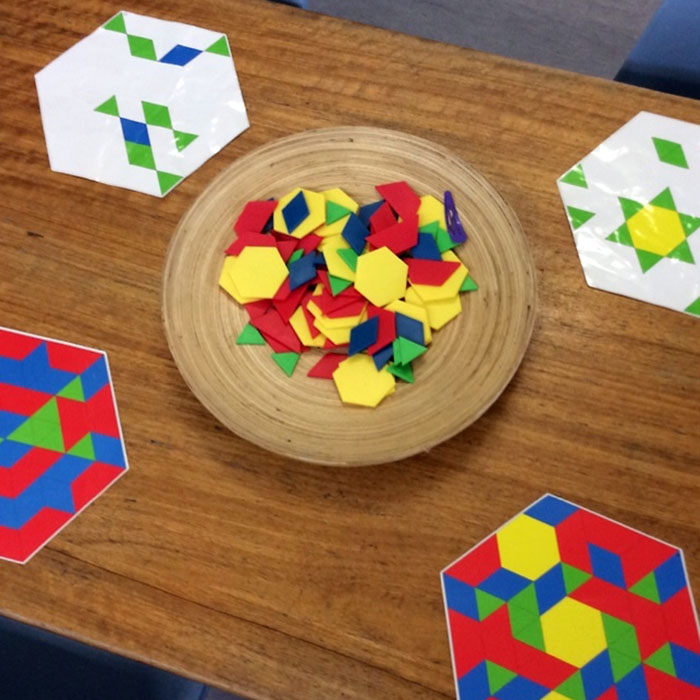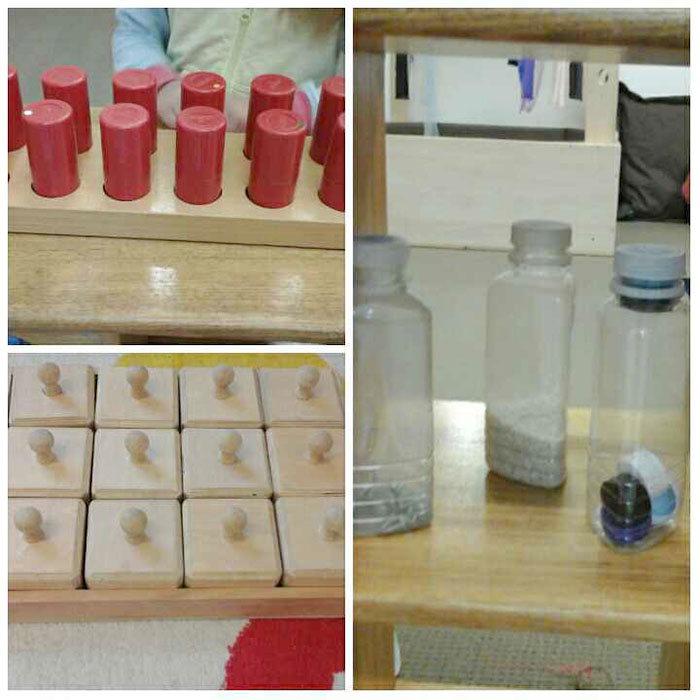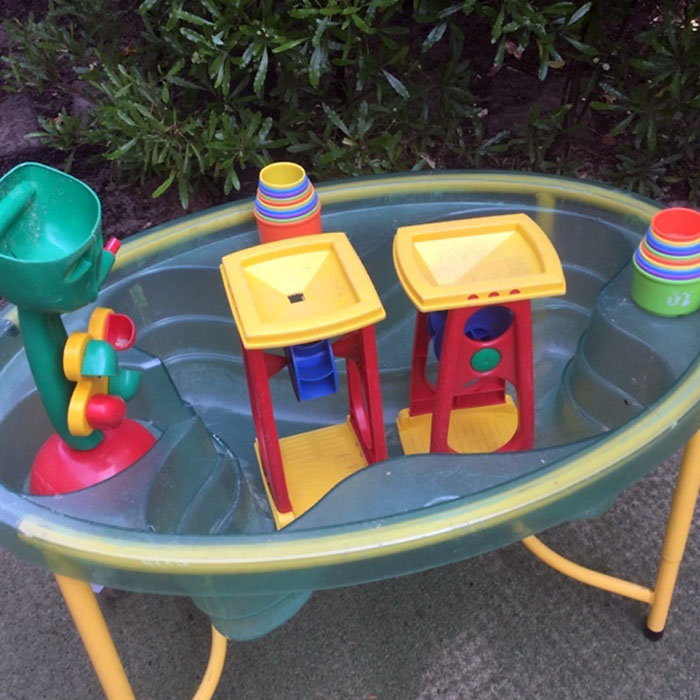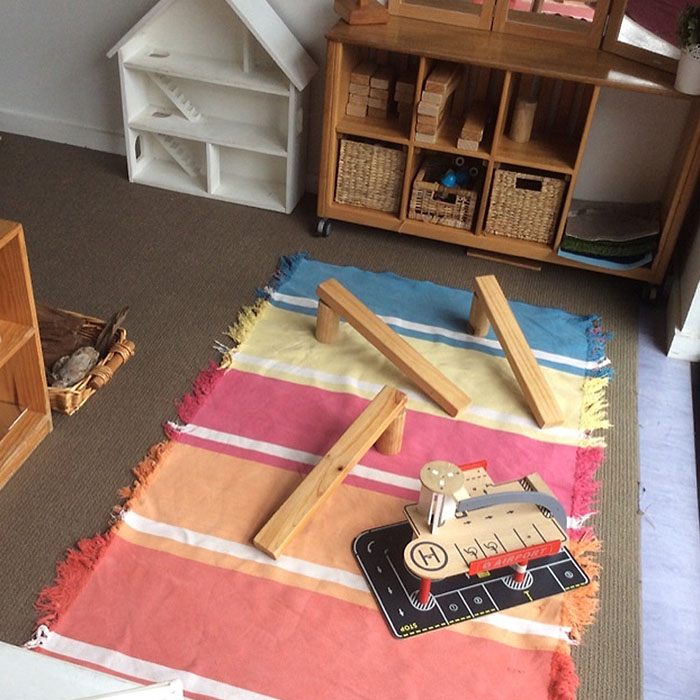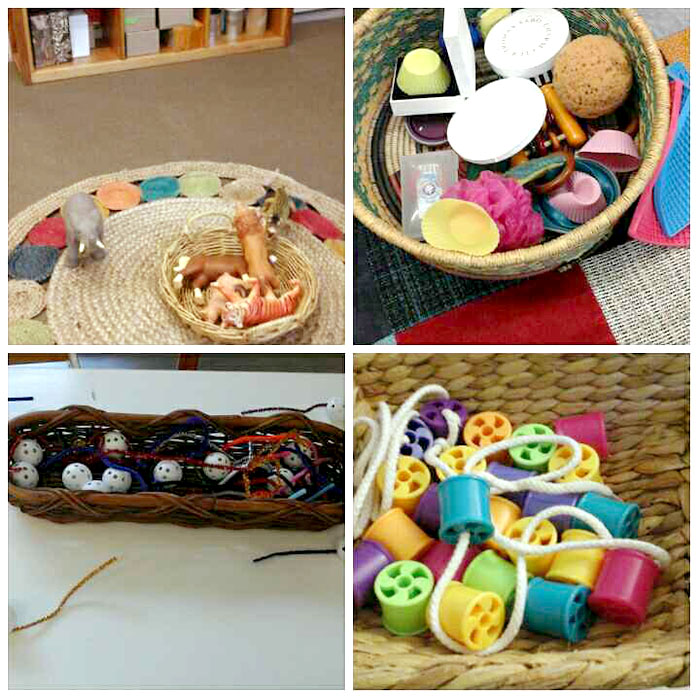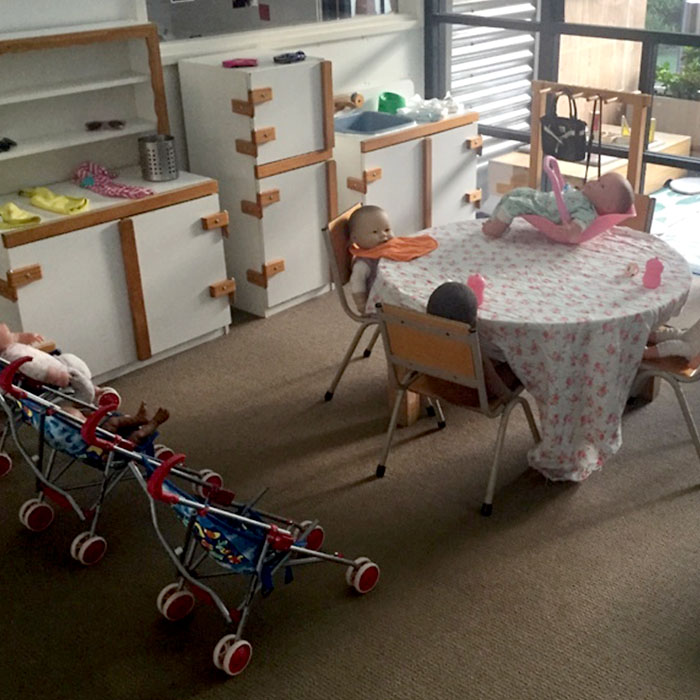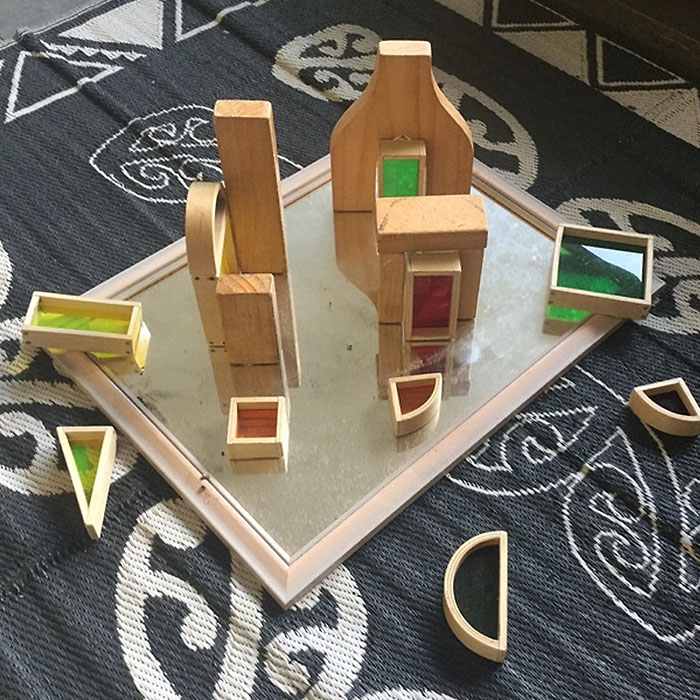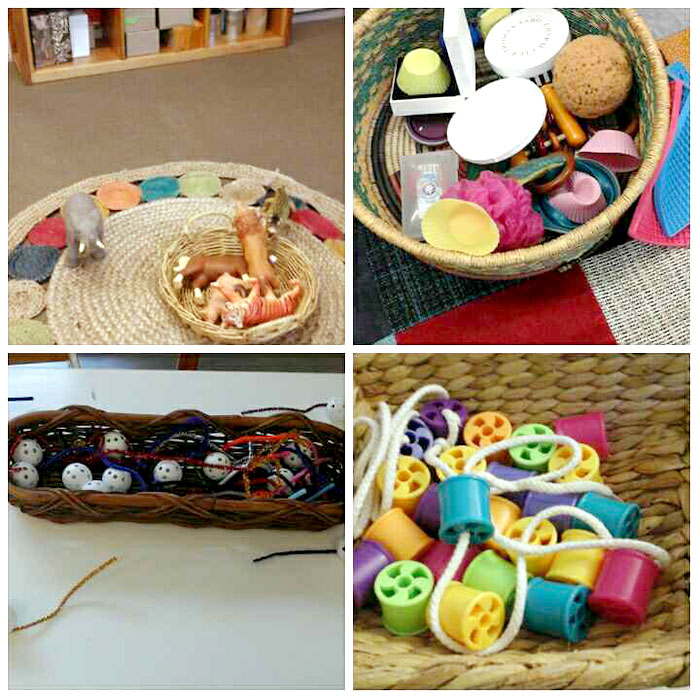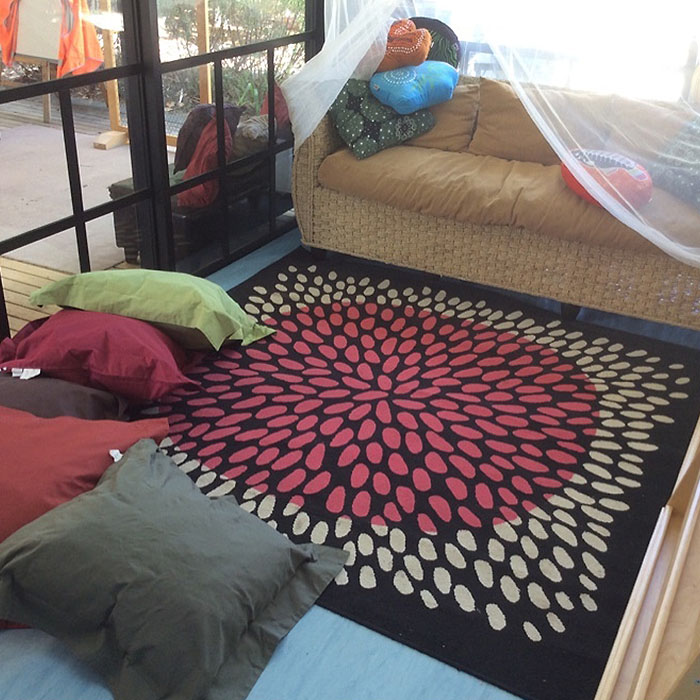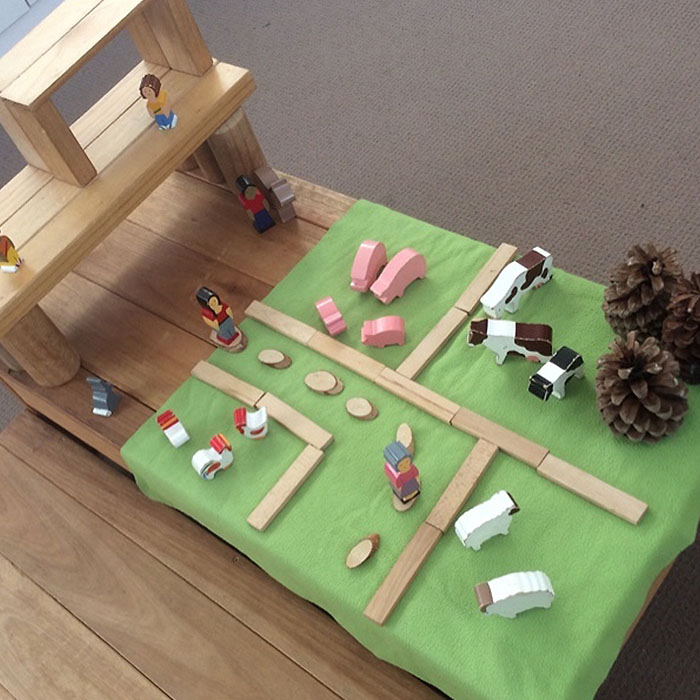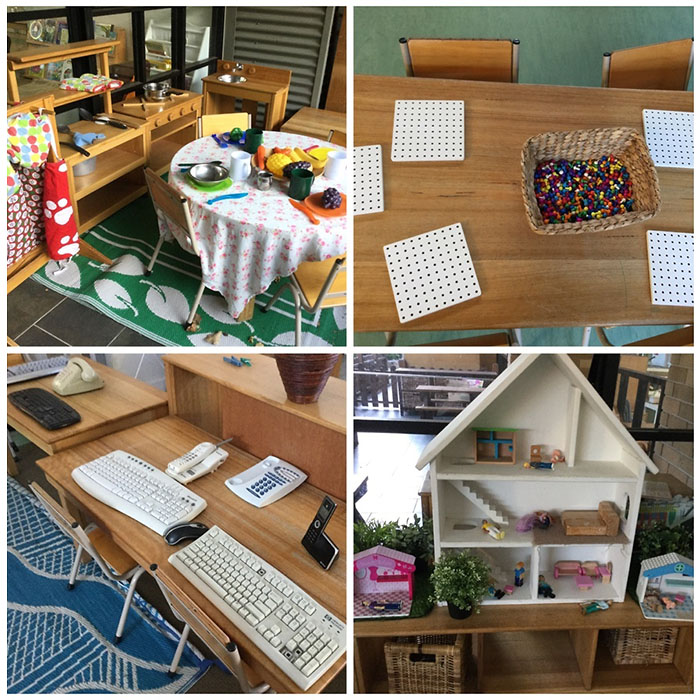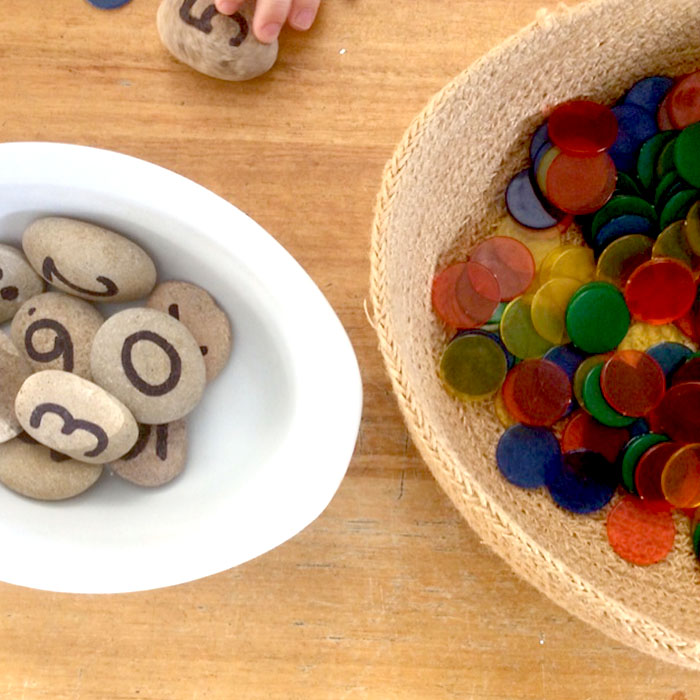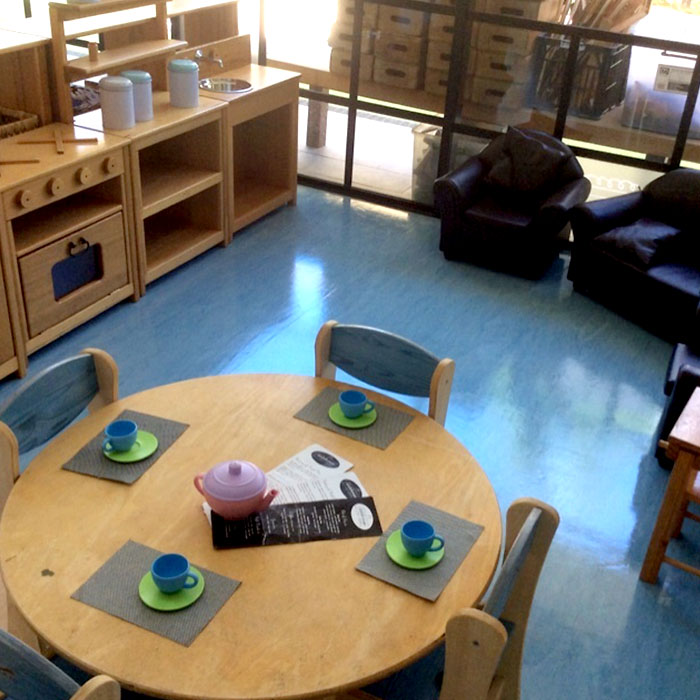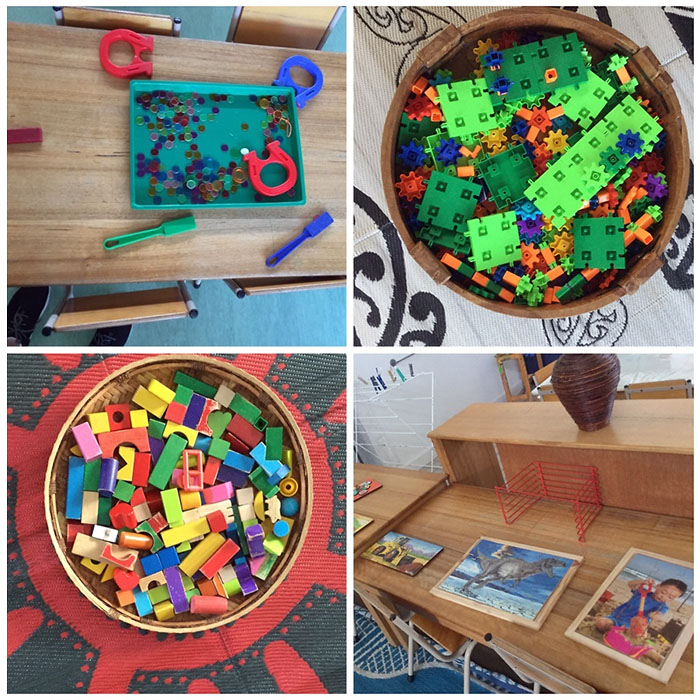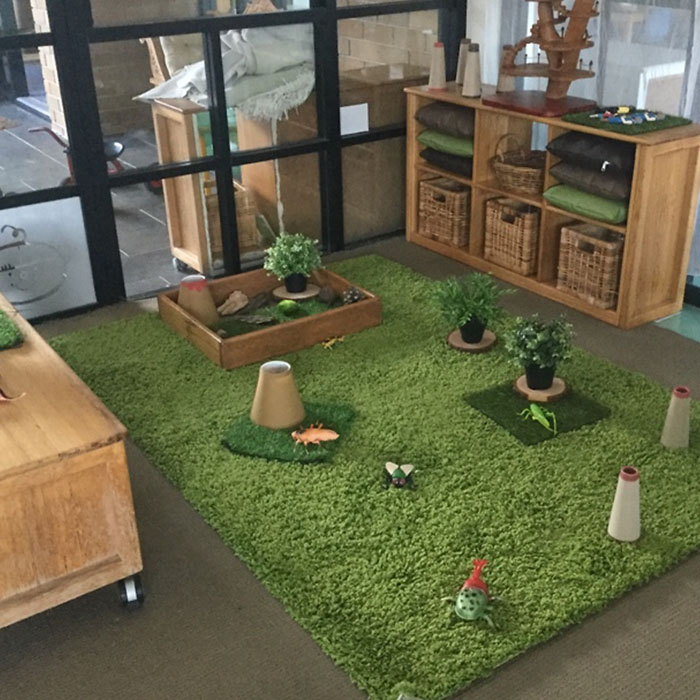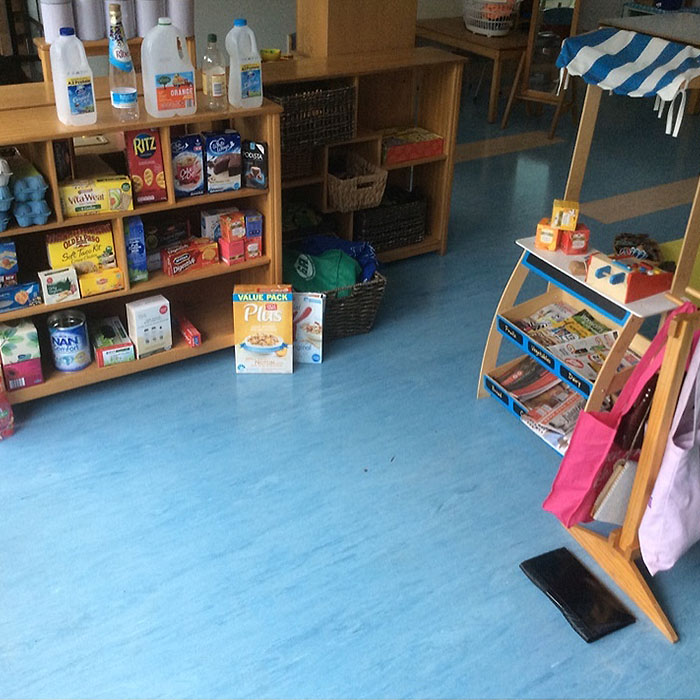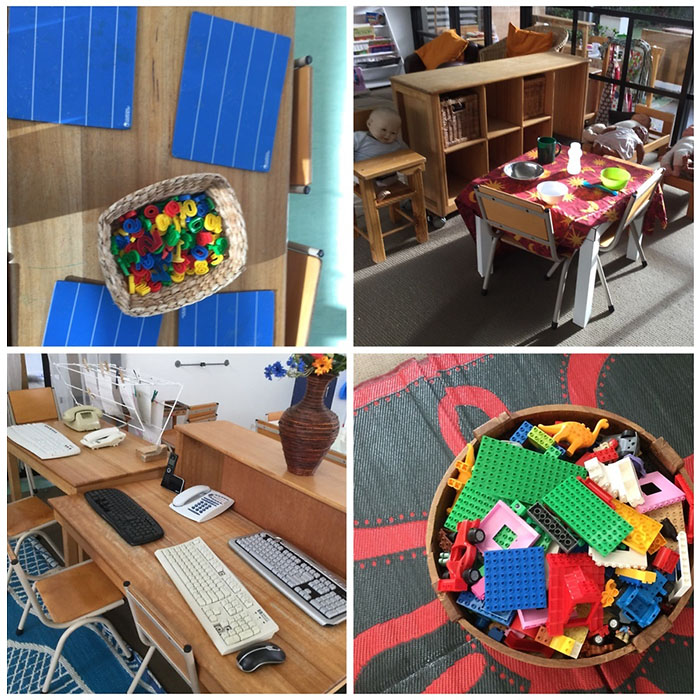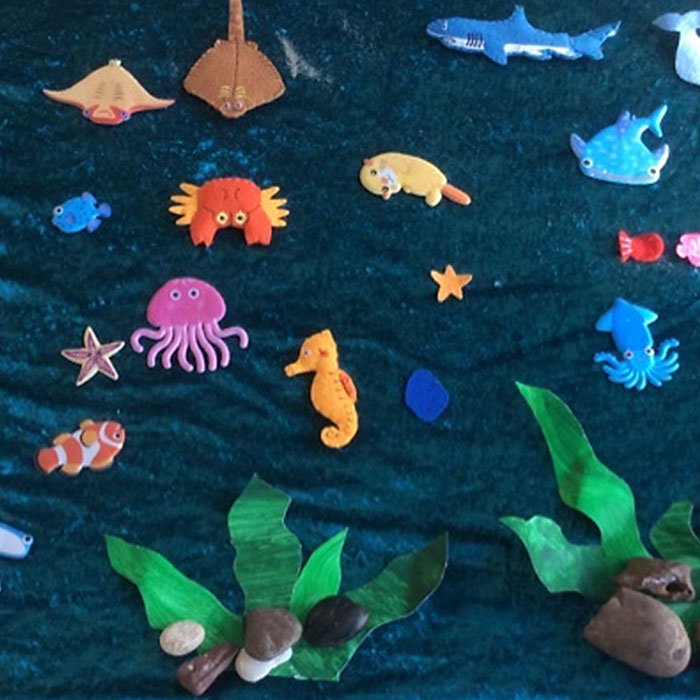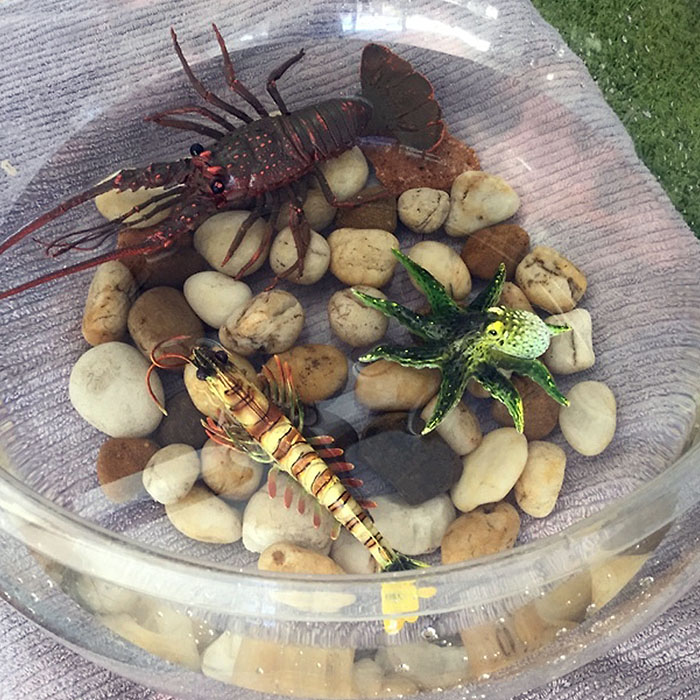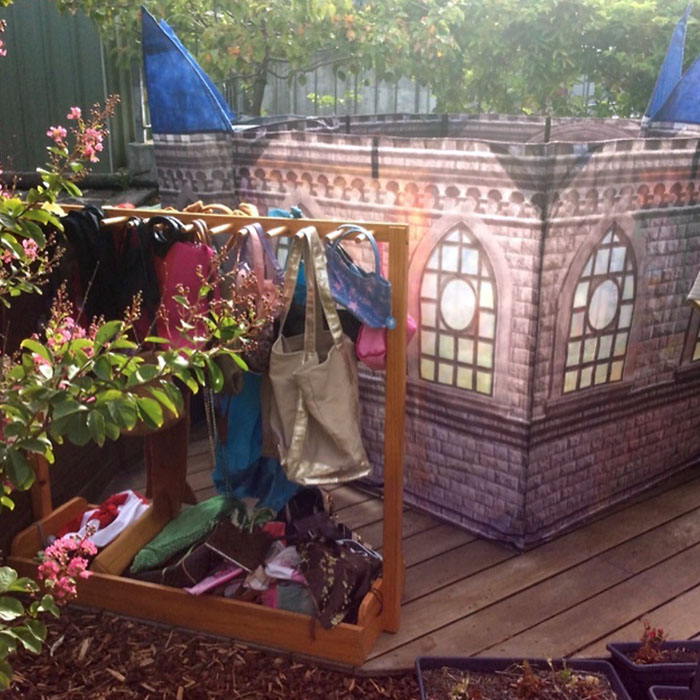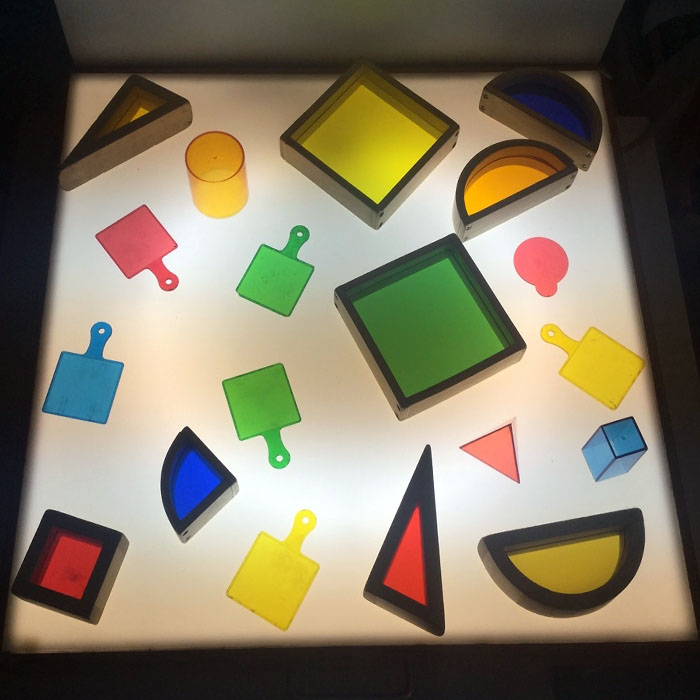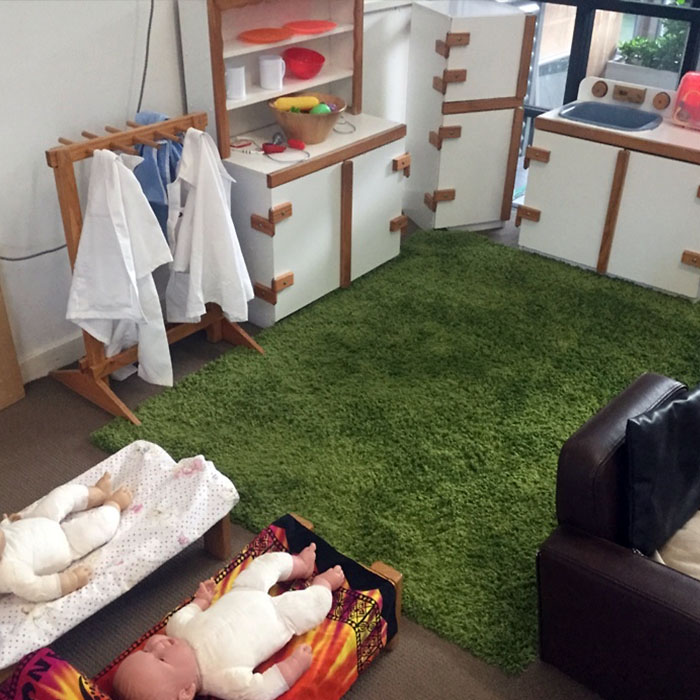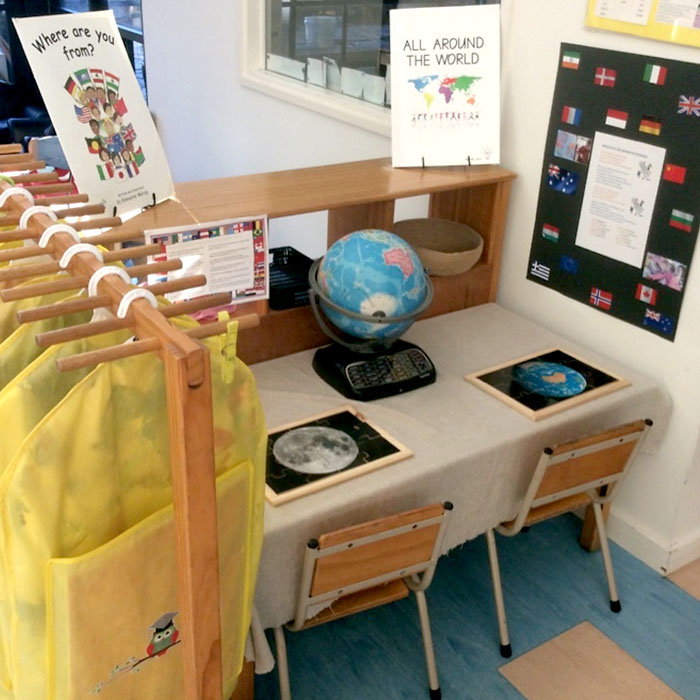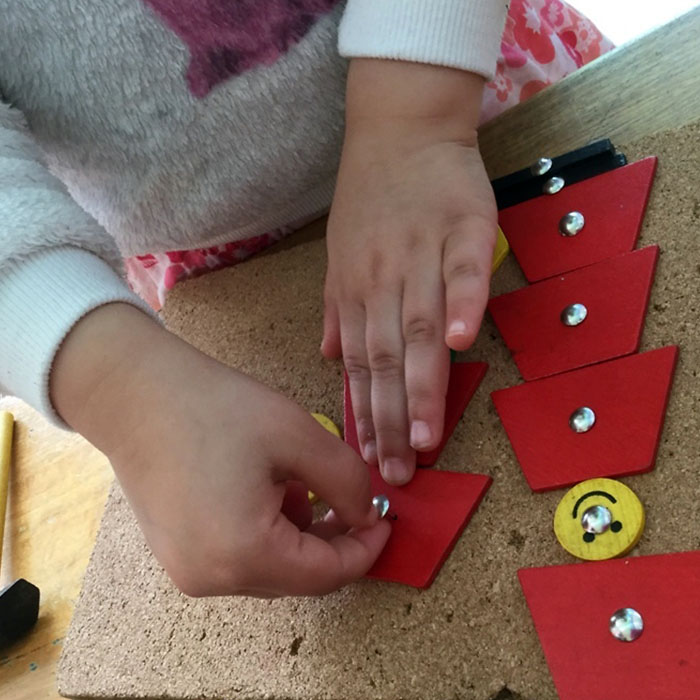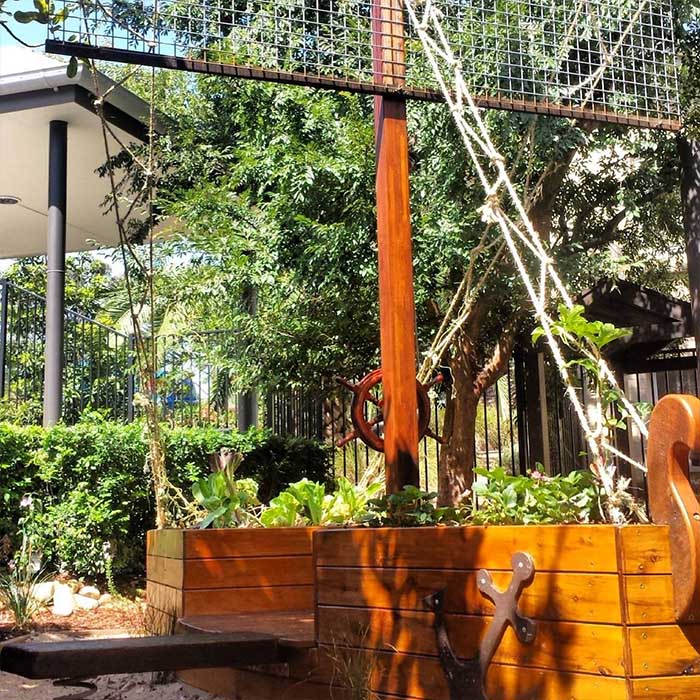
Pre School Room
Listening and following instructions is an integral part of the day, as is being part of both small and large groups. Literacy and numeracy-based concepts are introduced through play rather than in the rigorous pencil and paper-based school format. We believe our approach encourages a foundation and disposition to learn.
Confident and involved learners who are inquisitive and creative learn best when deeply immersed in hands-on experiences.
CARABELLA's Philosophy
We also embrace teachable moments as they spontaneously occur in addition to teacher-directed instruction. We believe that “school readiness” should be embraced in everything we do.
As an addition to the planned parts of the day, we also spend a period of the afternoon engaged in activity that promotes listening, following instructions and sitting at a table together as a group in readiness for school.
We introduce literacy and numeracy concepts in a game-based format rather than stencil and pencil work children will use in formal education. This approach prepares children for a disposition to learn, giving them the tools and foundation to question and investigate rather than the stress of fixed, performance-based outcomes
The Early Years Learning Framework
Outcome 1: For children to have a strong sense of identity
Outcome 2: For children to be connected with and contribute to their world
Outcome 3: For children to have a strong sense of wellbeing
Outcome 4: For children to become confident and involved learners
Outcome 5: For children to become effective communicators
preparing for school
We understand that the transition to school is often a daunting prospect. Will my child be ready, will they know enough, will they cope without me, what exactly do they need to know before they go?
With this in mind, we approached our local schools to see what they felt children needed to know in order to ease the transition to formal education. Our programme reflects this as well as the Australian Early Years Learning Framework.

Language and Literacy
Ability to communicate effectively with both teachers and peers
Speaking, listening and comprehending meaning
Making needs known
Using books for enjoyment
Identifying pictures
Joining in familiar songs, poems, rhymes and stories
Understanding instructions and asking questions
Recognising own name in print and making attempts to write it
Using language to act out stories
Using written symbols and understanding that these make meaning
Numeracy
Sorting and categorising objects
Rote counting
Recognising patterns in the environment
One to one correspondence counting
Matching written numbers to counters or objects
Number recognition
Sequencing
Use of dice
Playing board games
Contribute to mathematical discussion
Fine and Gross Motor Skills
Experience using scissors, pens, pencils, crayons and textas
Ability to use above to make marks on a page/attempting to write
Use of play dough to strengthen the muscles in fingers, wrist and forearm
Ball games, skipping, hopping, climbing, running, chasing
Pencil grip
Building and manipulating with blocks and lego
Movement and spatial relations
Social Competence
Not excessively dependant on adults
Have the capacity to empathise
Positive relationships with peers
Display a capacity for humour
Assert themselves appropriately
Enter discussions, take turns, show interest and compromise
Invite others to play and work
Finish a task and tidy up afterwards
Takes care of own belongings
Creative Arts
Drawing
Painting
Drama
Dance and movement
Clay and dough modelling
Rhythm and tone
Emotional Adjustment
Being able to cope without their parent/guardian
Being able to sit and listen, do as adults ask, follow basic instructions and concentrate for a short period
Being able to express feelings in acceptable ways
Be able to focus on a task
Able to follow directions
Cope with transitions
Understand, follow and formulate rules
Cognitive Skills
Intellectually inquisitive and able to use language to communicate
Eagerness to learn and keenness to participate
Learning to think, reason, question, experiment and problem solve
Initiate play from their own ideas and extend their own interests
Use reflective thinking
Information Technology
Use props as imaginary technologies
Use computers to play games
Understand the use of a keyboard and mouse
Investigate literacy and numeracy-based games with others
General Skills
Natural curiosity
Dressing self-including buttons and zips
Independent toileting and hand washing
Use playground equipment safely
daily routine
These times are a guide only and are always flexible in response to the changing needs, individual routines and developmental needs of the children within the junior pre school room.
PRE SCHOOL DAILY ROUTINE (SAMPLE)
7:00am Carabella opens
7:00 – 8:00 Breakfast is served
8:15 – 8:45 Group One: Outside Group Two: Carpet area Group Three: Tiled area
8:45 – 9:15 Indoor Learning Experiences
9:15 – 10:55 Indoor / Outdoor play
9:45 – 10:15 Morning Tea
10:55 Pack away time
11:45 Make beds for rest time
12.00 Group Time / Music and movement
12:30pm Lunch Time
1:30 – 2:30 Rest Time
3:00 – 3:45 Afternoon Tea
3:45 – 6:00 Outdoor Play

Want a tour?
We offer a Centre tour about once a month, with more frequent visits towards the end of the year when we offer places for the following year. Simply click the register button to find out more.



